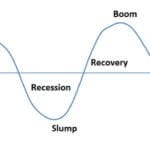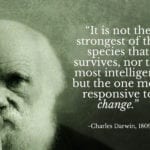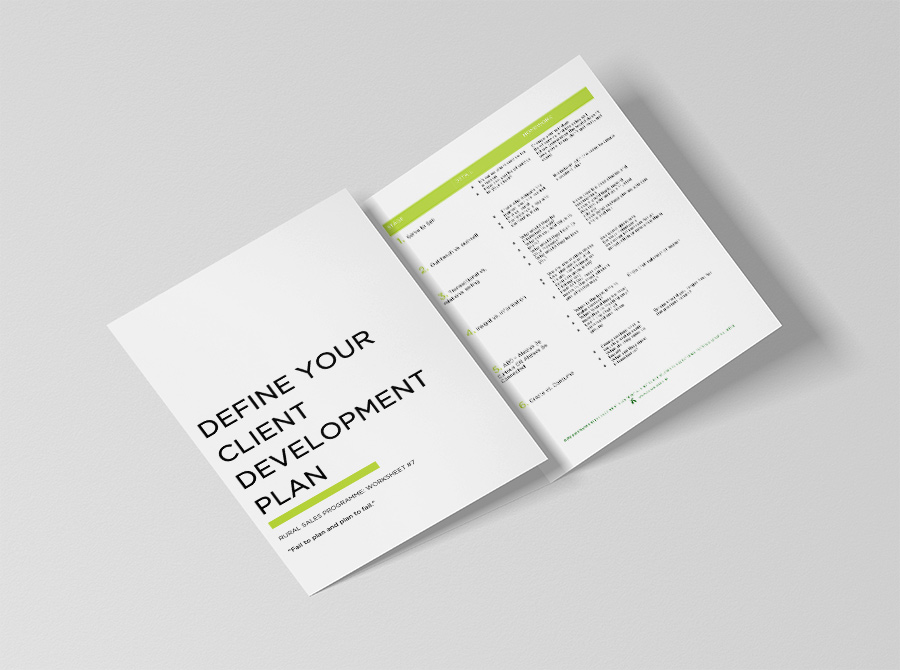How To Get Your Rural Business Through This COVID-19 Crisis
Panicking has never made for good, sound decisions.
From a psychological and physiological point of view, our brains freeze when facing perceived threats and fear through a flood of adrenal secretion – commonly known as “fight, flight or freeze” syndrome.
We lose our heads – so to speak – as well as our ability to think straight because we can become overrun with our emotions.
If emotions are left out of control they can impede our intelligence because our pre-frontal cortex (at the front behind our foreheads) only has so much working memory. Like your computer hard drive it can only run so many apps at the one time.
We have to free up space so we can properly process things.
The key is to use a S.T.O.P. (see below) by recognising and naming these emotions so we make sure our human brains (pre-frontal cortex responsible for reasoning and thought) over-ride our hyper-active primitive brains (amygdala and limbic).
S – Stop (tools down, find a quiet uninterrupted space)
T – Think (awareness of what you’re feeling ie. Am I thinking things through? Am I reading this right? Am I reacting or am I responding?)
O – Outcome (focus on the outcome you want, will what I’m thinking get me to where I want?)
P – Process (actions I take means I take control)
Taking a few minutes to breathe deeply allows our parasympathetic nervous system (aka. rest and digest) to over-ride our sympathetic nervous system (aka. fight, flight or freeze).
Remember to breathe through your nose, not your mouth: 5 deep breathes inhale (4 seconds each), hold for a few seconds then breathe out twice as long out as you exhale (8 seconds each).
This breathing exercise is a great hack to get your parasympathetic system to kick in giving you the mental processing capacity to work things out vs. making short-sighted decisions that might hurt or harm your rural business.
Now isn’t the time to make silly decisions or snap judgements.
You need to make sensible and sustainable ones by thinking things through fully.
At the same time, some decisions you will need to make fast to free up cash:
- where can you cut the fat but keep the muscle in your marketing (eg. can you email your customers directly rather than using blanket broadcast communications like traditional advertising, can you secure editorial with media using an opinion piece in your subject area, can you use your communications channels to show how your customers how you care?, could you run a free customer webinar? could you commit to educational-based content like a relevant and regular blog or newsletter?)
- do you really need all those subscription services? (do an audit using. frequency and recency to help define your “must haves” eg. video conferencing, web hosting, email client, CRM vs. “nice to haves” like news subscriptions or old tools you no longer use)
- can you keep a market presence through collaborating with business partners in your community to split costs? (who can help you so you help each other?)
- am I getting best value in the things I am doing? What’s essential and what’s non-essential?
- what could I dial down and what could I dial up to keep me in the game?
- am I getting the best advice and who can help me most at this time?
Communication is key right now. We can’t emphasis this enough.
Many clients have been calling us for advice and this is what we’re telling them:
Customers will be on high alert and any decisions, including purchasing ones, will be made with considerable caution. This means they will be hungry for the right information, ideas and insights to help them make the most informed and accurate decisions.
People will still need to buy things but sales cycles will now take longer, sales will become softer and so may prices because of less demand.
Strong brands ensure they constantly communicate the value they add to justify why they are priced at the position they are. They own that position in their market’s mind reminding and reinforcing that in every message and medium. They build strong relationship with their customers by giving them what they want.
You can help your customers make informed and accurate decisions by reducing their risk. You can offer refunds or guarantees. You can share results through other customers stories. You can offer part payments or a flexible/deferred payments plan.
This is the time you need to continue to communicate how your products or services help your customers, how they are useful and how they can make their lives easier.
This is about serving, not selling. This is about putting their best interests before your own. This is about the long game, not the short one. Customer Care 101.
Whilst we consider customer care, we also need to think about self-care being just as important because you can’t care for anyone else if you don’t care for yourself.
You need to:
– sleep well
– eat well
– exercise and get outside
– leave your phone at home sometimes
– remember to S.T.O.P and b-r-e-a-t-h-e
– give media/social media a miss (it won’t be helping your mental state)
– surround yourself with positive people (ones that restore and replenish your energy, not rob it)
– keep developing your competencies (when we feel competent we feel more in control which makes us feel more resilient)
– focus your energy on what you can control, not what you can’t
– be grateful for what you’ve got vs. what you’ve not (kids, pets, loved ones, friends, family, sunshine, outdoors, landscapes, wildlife, garden)
Keep Constructive
If we all stay positive we will come through this crisis bigger and better because of it.
The way I’ve managed to trick my over-active mind (after experiencing a lot of anxiety late last week) is when I worry, I stop and say to myself:
- what can I learn here?
- what is this going to teach me?
- how can I use this crisis to become better?
This self-talk turns off the emotional part of my brain and turns on the thinking part of my brain – the bit you and I need most.
How you communicate with yourself is important and so is how you communicate with your customers.
We know from many research studies during recessions, those companies that communicate with their customers will keep their customers so long as it’s content that is generous, useful and valuable.
How you communicate and operate now is how you will be remembered as a rural business when things rebound. It will help if you’ve been building relationships through many channels.
Choose your course of actions carefully. And keep communicating with your customers to remind them you are here to help.
It is times like this to trim the fat but don’t cut the muscle, because muscles should always be growing.
That’s how we get stronger.
St John
PS. Here is a COVD19 cheat sheet I circulated on social media last week with 14 coping tips and my top ten books on mental resilience. You can download it here. Many found it useful and helpful so please share.
PPS. If you are feeling overwhelmed and want to chat independently and anonymously drop me a line anytime.





